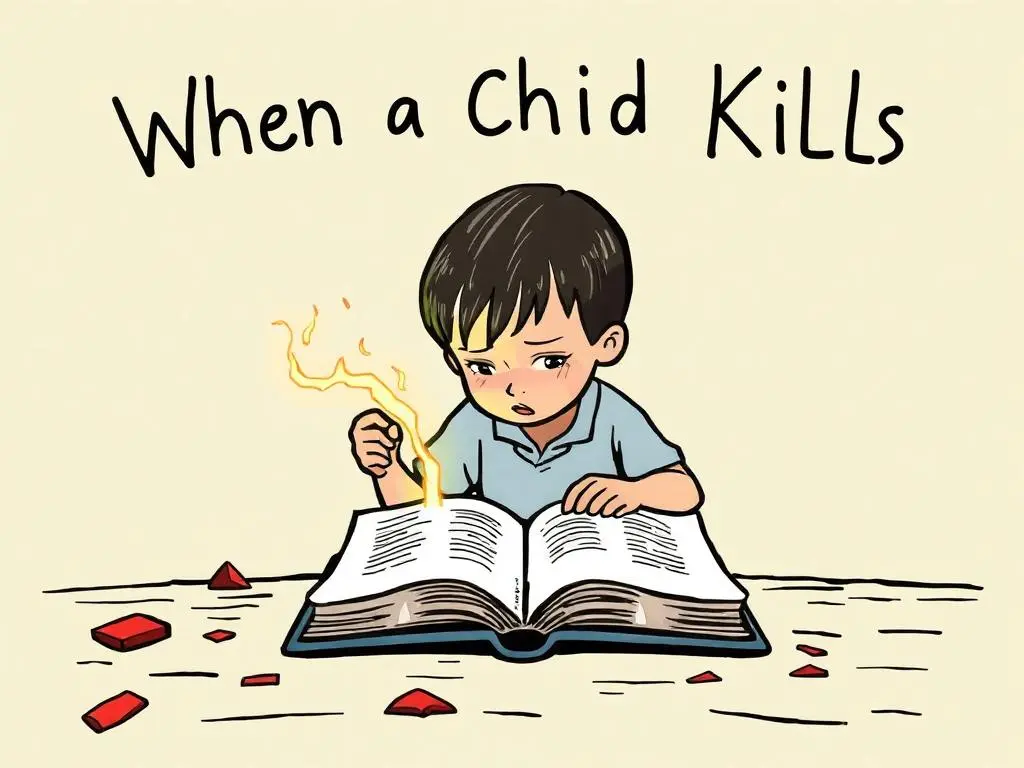Brave Teenage Refugees Seek a Home of the Free

WE ARE NOT FROM HERE (Philomel, 368 pp., $17.99; ages 14 and up), by Jenny Torres Sanchez, is a novel precisely for this moment.
The three teenagers at its center have grown up in Puerto Barrios, Guatemala, a smallish city overrun by drug dealers, violence and poverty. Pulga and Chico, 15 and 13, are best friends who have lived together and dreamed together ever since Chico’s mother was shot and killed at an outdoor market when he was 11.
While their 17-year-old “cousin,” Pequeña, is in labor, the boys go to the local convenience store to get a soda. (She’s “my cousin, but not by blood,” Pulga narrates, alternating chapters with Pequeña. “Just like Tía Lucia is my aunt, but not by blood. And Chico is my brother, but not by blood. Blood doesn’t matter to us unless it’s spilling.”)
Pulga and Chico are in the back of the store when the neighborhood drug lord, Rey, slits the owner’s throat. They try to help Don Felicio as he’s dying, but what can a 15- and 13-year-old actually do? Traumatized, they run home, praying Rey didn’t see them. But Rey is in total control of the streets. The boys face an impossible choice: Join Rey’s gang or die.
While Rey is slitting someone’s throat Pequeña is giving birth to his baby. A baby she never wanted. Fathered by a man she despises. Rey declared her “his pretty girl” and raped her until she became pregnant. His plan is to marry her, but she is determined not to let that happen. There is only one way she can escape from Rey: Leave Puerto Barrios.
Pequeña, Pulga and Chico sneak out in the dead of night to begin a journey to the United States that could be worse than death. Sanchez’ unflinching and riveting account of the journey — from Guatemala through Mexico atop the network of migrant-packed, often deadly freight trains known as La Bestia, or The Beast, and then on foot through the desert to the U.S. border — is where her strength as a writer shines. She infuses this tragic tale with the love and dignity her characters demand. It is clear she knows the territory.
“An uncle in El Salvador was assassinated in the political turmoil of civil war in the 1980s,” Sanchez wrote in a letter to reviewers that accompanied the novel’s galleys. “One of my cousins came to the United States when he was 9 years old and wanted nothing more than to go back to his mother, but couldn’t because young boys were being plucked off the streets to fight for the army or guerrillas. And my memories of going to Guatemala to visit my family in Puerto Barrios … are now also mixed with stories my tía has told me of the violence that erupts in the neighborhood.”
This authenticity keeps us at the edge of our seats. Even toward the end of the book, when a few too many coincidences threaten to derail the story, Sanchez grounds herself in the reality of what it means to be a child fighting for one’s life under the most extreme circumstances. She makes us reckon with questions that break our hearts. She forces us to see how we each play a part in the plight of people who trek north to our southern border, and in what happens to them once they get there: families separated, or sent to live in makeshift refugee camps as they wait to apply for asylum; children detained in immigration prisons for indefinite periods, hoping to pursue the American dream.
This subject matter is a heavy lift for young readers. Parents and educators should be ready to have hard conversations about privilege, racism and xenophobia. And while Sanchez’ book was written for teenagers, adults should read it, too.
In one of her darkest moments, Pequeña tells Pulga (referring to the respective meanings of their names, “small” and “flea,” in Spanish): “This world wants us to be small. Forever. We don’t matter to this world.” With “We Are Not From Here,” Sanchez proves that human beings like Pulga, Pequeña and Chico not only matter to this world, they are vital to it.




